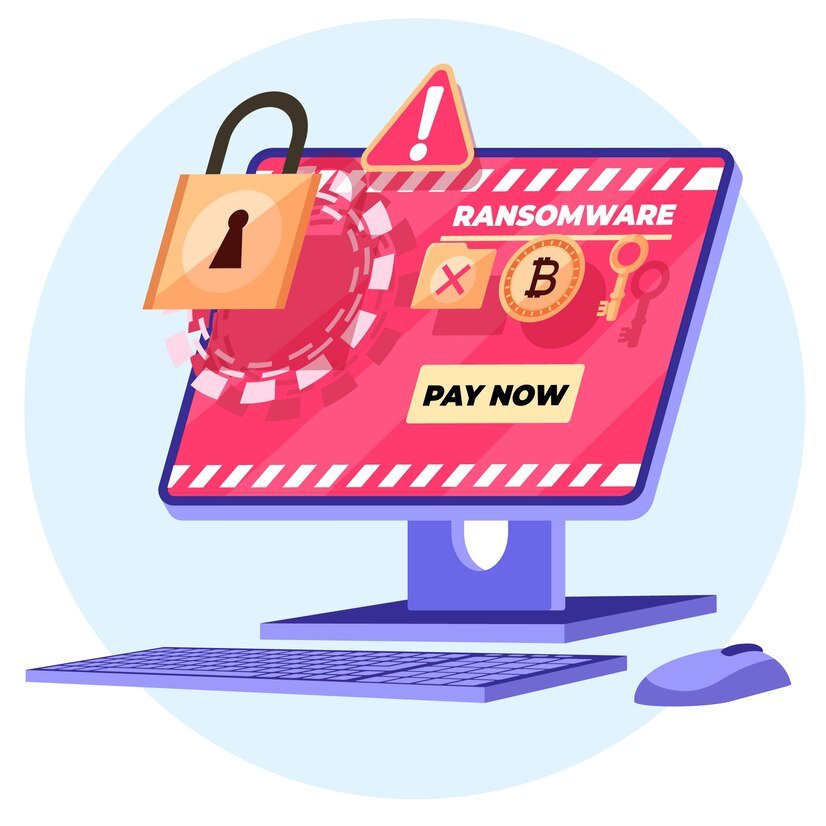Physical Address
304 North Cardinal St.
Dorchester Center, MA 02124
Physical Address
304 North Cardinal St.
Dorchester Center, MA 02124

Offshore financial jurisdictions have long been a topic of interest in the financial world. While they can offer legitimate benefits such as tax efficiency and regulatory flexibility, they are also frequently exploited by scam brokers to perpetrate fraudulent schemes. For unsuspecting traders, these offshore-regulated entities pose significant risks. This blog explores the role of offshore regulations in scam brokerage schemes, how they operate, and how traders can protect themselves from falling victim to such tactics.
Offshore regulations refer to the financial oversight provided by regulatory authorities based in jurisdictions outside major financial hubs. These jurisdictions often have less stringent rules for financial institutions, making them attractive to businesses looking to reduce operational costs or avoid the tight scrutiny of more established regulatory bodies. While not inherently fraudulent, offshore regulations can create loopholes that scam brokers exploit.
Key Characteristics of Offshore Regulations:
Scam brokers leverage the laxity of offshore regulations to operate with minimal accountability. Here’s how they do it:
Many scam brokers register in jurisdictions with weak regulatory frameworks. In some cases, they even create counterfeit licenses to appear legitimate. These licenses are often issued by agencies that do little to monitor the broker’s activities, giving scammers free rein to engage in fraudulent behavior.
Offshore brokers often operate in jurisdictions with complex legal frameworks, making it nearly impossible for victims to recover lost funds. Even if a trader files a complaint, the regulatory authority may lack the power or motivation to enforce penalties.
A common tactic used by offshore scam brokers is to block or delay withdrawal requests. They use offshore regulations as an excuse, citing “compliance checks” or “regulatory approvals” as reasons for withholding funds.
Many scam brokers claim to be regulated in offshore jurisdictions to create an illusion of legitimacy. Traders may be misled into thinking they are protected by regulations when, in reality, the broker operates without oversight.
To protect yourself, it’s essential to recognize the red flags associated with offshore scam brokers:
To avoid falling victim to offshore scams, take these steps to verify a broker’s regulatory status:
While not all offshore brokers are fraudulent, the risks often outweigh the potential benefits. Offshore brokers:
Unless you have extensive experience and a thorough understanding of the broker’s operations, it’s safer to stick with brokers regulated by trusted authorities.
The increasing prevalence of forex scams has prompted calls for greater scrutiny of offshore regulatory bodies. International cooperation among regulators and stricter enforcement of standards could help reduce the risks posed by offshore brokers. However, until such measures are widely implemented, traders must remain vigilant and avoid high-risk brokers.
Offshore regulations play a significant role in enabling scam brokerage schemes, but with proper due diligence, traders can protect themselves from falling victim. Always verify a broker’s regulatory status, read reviews, and choose brokers licensed by reputable authorities. By staying informed and cautious, you can avoid the pitfalls of offshore scams and trade forex securely.
Remember: If it seems too good to be true, it probably is.